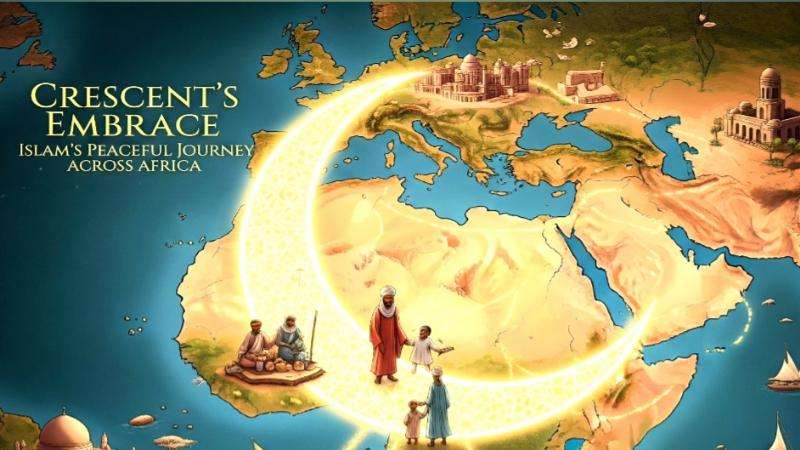Iran has issued a stark warning, stating it will deport millions of illegal migrants, with Interior Minister Eskandar Momeni declaring, "Our top priority is to send them back to their home countries." The regime reports having already deported nearly two million undocumented migrants, citing increasing pressures on the economy and social cohesion as the driving factors.
Afghan media reports that Mr. Momeni emphasized Iran's limited capacity to accommodate the large number of migrants, many of whom are believed to have originated from Afghanistan. "Iran has hosted millions of migrants for decades due to regional instability, but we are not economically or socially equipped to absorb such a large number," he stated. "Despite having numerous religious, historical, and cultural commonalities with neighboring countries, the country simply has no more capacity for illegal refugees."
The Tehran Times, citing the head of the National Organisation for Migration, Nader Yar-Ahmadi, reports that a total of 6.1 million authorized and unauthorized Afghan nationals currently reside in Iran.
The United Nations acknowledges Iran's role in hosting a significant refugee population, stating, "The Islamic Republic of Iran is host to one of the largest and most protracted urban refugee situations in the world and has provided asylum to refugees for over four decades." The UN also notes that "Nearly five million Afghans remain displaced outside of the country; of these, 90% are hosted by the Islamic Republics of Pakistan and Iran."
While the primary focus of the deportations appears to be on Afghan nationals, the policy could also have wider implications for other South Asian communities living in Iran. It is estimated that significant numbers of undocumented migrants from Bangladesh, India, and Pakistan also reside in Iran, seeking economic opportunities or fleeing instability in their home countries. The exact figures are difficult to ascertain due to the undocumented nature of their presence, but these communities could be significantly affected by Iran's mass deportation drive. The potential impact on these individuals and their families is substantial, raising concerns about human rights and the stability of the region.
In a separate development, Iranian President Masoud Pezeshkian stated that Iran will continue nuclear talks with the United States but will not concede its "rights" under pressure. "We are negotiating, and we will negotiate, we are not after war but we do not fear any threat," he said during a televised address. "It is not like that they think if they threaten us, we will give up our human right and definite right. We will not withdraw, we will not easily lose honorable military, scientific, nuclear in all fields."
These nuclear negotiations are currently at the "expert" level, focusing on the details of a potential agreement. However, a key point of contention remains Iran's uranium enrichment program, which it insists on maintaining, a demand strongly opposed by the United States.




_7.jpg)



.svg)


